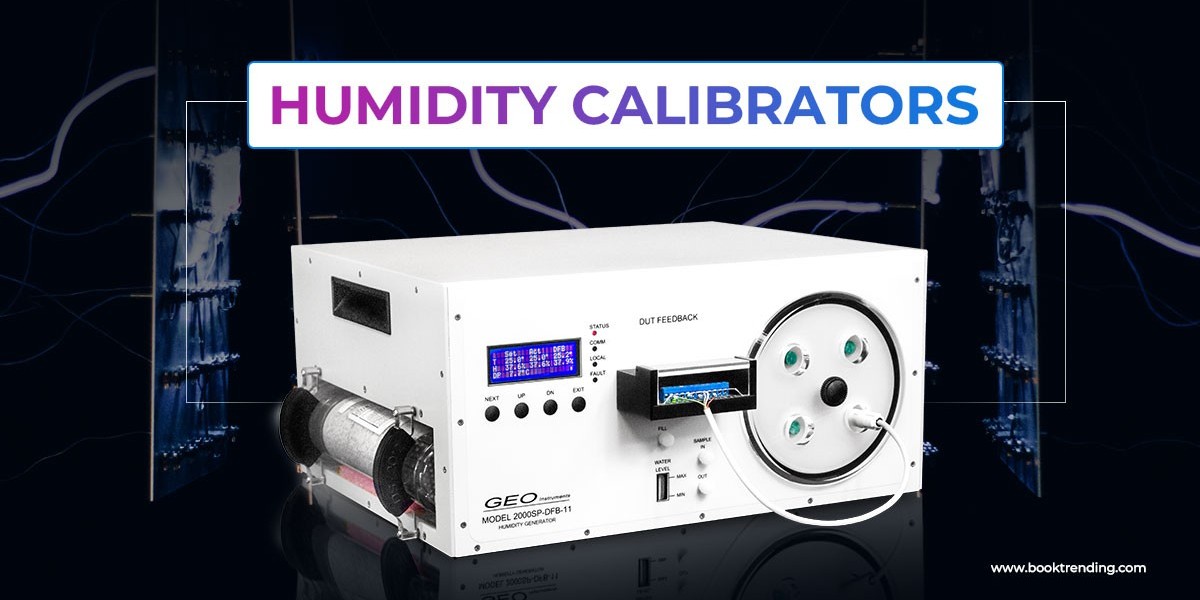Humidity calibration is crucial for maintaining the accuracy and reliability of various devices and systems that measure or control humidity levels. A humidity calibrator is an essential tool for ensuring these devices operate correctly and provide precise readings. In this article, we will explore what a humidity calibrator is, its significance, types, and how to use it effectively.
What is a Humidity Calibrator?
A humidity calibrator is a device or instrument used to verify and adjust the accuracy of humidity sensors and hygrometers. These calibrators create controlled humidity environments to test the performance of humidity measurement devices. By simulating specific humidity conditions, a calibrator helps in fine-tuning the sensors to ensure they provide accurate readings.
Why is Humidity Calibration Important?
Ensuring Accuracy
The primary reason for using a humidity calibrator is to maintain the accuracy of humidity measurement devices. Over time, sensors can drift from their original calibration due to environmental factors, usage, or aging. Regular calibration ensures that these devices continue to provide reliable and precise humidity readings.
Compliance with Standards
Industries such as pharmaceuticals, food processing, and electronics manufacturing require stringent humidity control to comply with regulatory standards. A humidity calibrator helps these industries meet compliance requirements by ensuring their humidity measurement devices are accurate and reliable.
Preventing Equipment Damage
Incorrect humidity levels can cause damage to sensitive equipment and materials. For example, high humidity can lead to corrosion, mold growth, and degradation of electronic components. Regular calibration of humidity sensors helps prevent such issues by maintaining optimal humidity levels.
Types of Humidity Calibrators
Salt Bath Calibrators
Salt bath calibrators use saturated salt solutions to create stable humidity environments. Different salts produce specific humidity levels, making this method highly reliable. However, it can be time-consuming and requires careful handling of the salt solutions.
Humidity Generators
Humidity generators are advanced devices that can produce a wide range of humidity levels by controlling temperature and moisture. They are versatile and can be used for calibrating various types of humidity sensors. These generators are typically more expensive but offer greater precision and ease of use.
Two-Pressure Generators
Two-pressure generators create humidity conditions by manipulating the pressure of dry and wet air streams. They are highly accurate and can quickly achieve desired humidity levels. These calibrators are commonly used in laboratories and industrial settings.
How to Use a Humidity Calibrator
Step 1: Prepare the Device
Before calibration, ensure that the humidity sensor or hygrometer is clean and free from any contaminants. Follow the manufacturer’s instructions for preparing the device for calibration.
Step 2: Set the Calibration Points
Determine the humidity levels at which you want to calibrate the device. Typically, calibration is done at multiple points across the sensor's measurement range to ensure accuracy at various levels.
Step 3: Use the Calibrator
Place the humidity sensor in the calibrator's chamber or environment. Set the calibrator to the desired humidity level and allow it to stabilize. This process may take some time, depending on the type of calibrator being used.
Step 4: Record the Readings
Once the calibrator has stabilized, compare the readings of the humidity sensor with the calibrator's set point. Record any discrepancies and adjust the sensor accordingly. Repeat this process for all calibration points.
Step 5: Final Adjustment and Documentation
After completing the calibration at all points, make any necessary final adjustments to the sensor. Document the calibration process, including the date, calibration points, and any adjustments made. This documentation is important for maintaining a record of the sensor's performance and for future reference.
Conclusion
A humidity calibrator is an invaluable tool for ensuring the accuracy and reliability of humidity measurement devices. Regular calibration helps maintain compliance with industry standards, prevents equipment damage, and ensures precise humidity control. By understanding the different types of humidity calibrators and following proper calibration procedures, you can ensure that your humidity sensors and hygrometers continue to perform at their best



